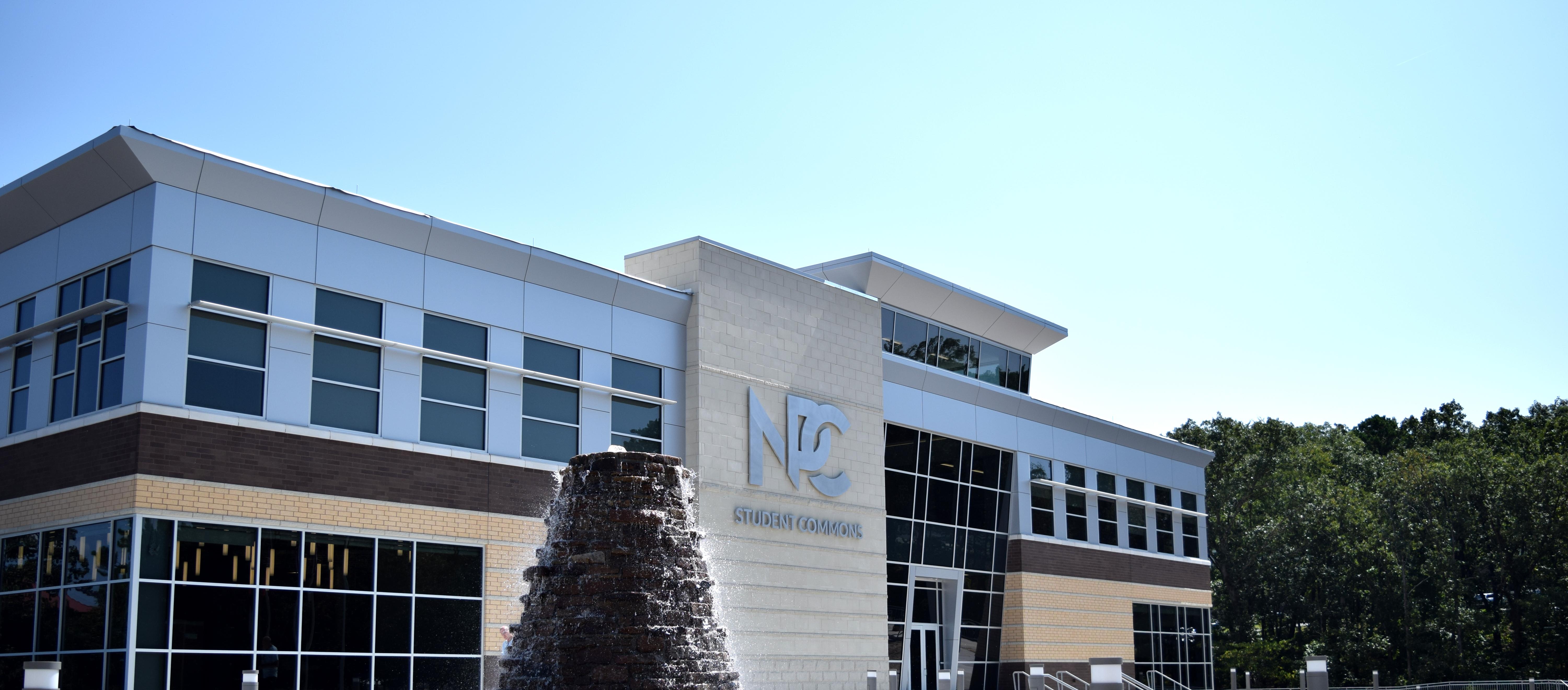Graduation Map
The Networking & Cybersecurity program is designed to prepare students to work in the field of Information Technology (IT) with a focus the first year on networking and cybersecurity where they will be responsible for providing support to computer users employing skills in building, troubleshooting, and repair of Personal Computers (PC) at the hardware level and at the Operating System (OS) level. In addition, students will learn the basics of creating, configuring, troubleshooting, and repairing networks employing skills in setup and configuration of servers using the latest MS Windows Server OS, configuration of network routers and switches, and employing basic security measures to protect the integrity of those computers, networks, and servers from viruses, malware, and other malicious attacks. An introduction to the cybersecurity threat landscape is included in their first semester. This program is focused on the essential skills needed taught with lots of hands-on experience in the classroom, with virtual attendance, and online. Completing the first year will grant the students with a Technical Certificate in Networking & Cybersecurity. The first and second semester will each include at least one Microsoft fundamentals certification exam as their final.
The second year of the Networking & Cybersecurity program will focus on cyber defense and forensics, along with Disaster Recovery Planning. The third semester includes the fundamentals of Windows Server administration, advanced routing & switching, and Ethical Hacking. These courses will give the students an opportunity to develop networking, server, and defense skills and hone these cyber defense skills in a Cyber Range. The fourth semester will focus on the disaster recovery planning that includes a business impact analysis, vulnerability assessment, and editing and writing a complete security policy. They will also learn computer forensics which includes the step by step procedures to acquire, document, and analyze evidence data from real cyber investigations to be skilled in data analysis to provide answers and testimony to law enforcement and legal prosecution teams. After completing all four semesters the students will achieve an Associate of Applied Science in Networking & Cybersecurity. The second year will also include a Microsoft server fundamentals exam, ethical hacking associate exam, and cyber forensics associate exam certifications as their finals.
This program is offered both online and on-campus in a blended in class and or virtual attendance format with Zoom. Student have the option to be either attend in the classroom or attend virtually depending on their needs. This program prepares students for several certifications with Microsoft, CompTIA, Cisco, and EC-Council that students could opt to pursue after graduation.
NPC Honors Program: The NPC Honors Program is accepting applications. Learn more about the NPC Honors Program.

